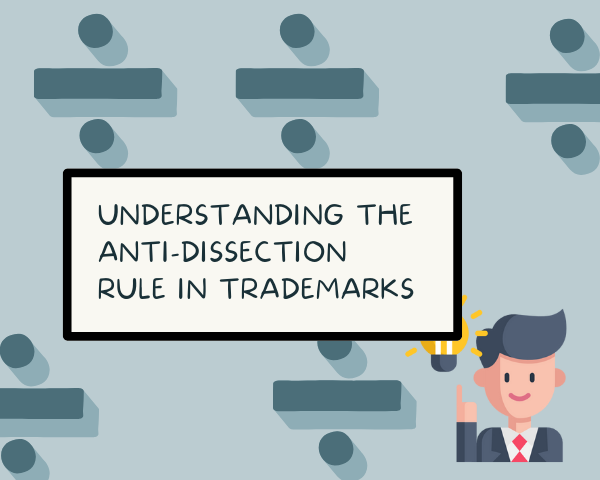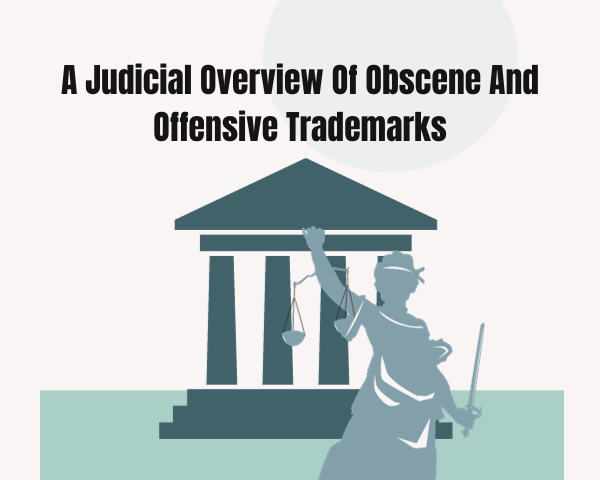Trademarks are immensely valuable properties which are closely associated with the business of the company. They are the face of the company and customers identify products and services with the help of trademarks. This point has been proven in the recent tussle between two companies GrabOn and GrabOnRent relating to trademark infringement.
GrabOn is a Hyderabad-based coupons and deals company established in 2013 and GrabOnRent is a Bangalore-based company providing services as rental portal for items across various categories established in 2015. GrabOn filed a trademark infringement case in Delhi High Court against GrabOnRent for using a deceptively similar mark.
The immediate cause for the dispute was the negative customer review, feedback and queries of GrabOnRent services which were wrongly addressed or diverted to GrabOn due to deceptive brand names. Customers were under an impression that the two companies were related. This severely affected the reputation of GrabOn who invested huge sums of money and time building the reputation of the company. The poor reviews meant for GrabOnRent started affecting the business of GrabOn.
The two companies arrived at a settlement at the court’s mediation centre where GrabOnRent agreed not to use the mark further and also refrain itself and its vendors, distributors, sellers etc. from selling, advertising or dealing in goods or services under the mark ‘GrabOnRent’, ‘GrabOn’ or similar trademark and domain name within the agreed timeframe. It also acceded to the High Court decree which required GrabOnRent to destroy all the article/goods including visiting cards, tags, labels, etc., bearing the mark ‘GrabOnRent’ or any other mark deceptively similar to ‘GrabOn’ by 31st July 2020. The decree further wanted GrabOnRent to put up a disclaimer on its website and app declaring that it is not in any way related to GrabOn.
Instances like these give rise to questions relating to moral and ethical responsibility in business. It is perhaps right to say that with great ideas comes great responsibility. Every business entity is under a moral obligation to not to harm the business of the others through its activities.
The Takeaway
Enterprises have realized that the customers identify and relate to a product or service largely due to the brand name, logo, design or symbol and slogan. Potential customers rely on the customer review, feedback and ratings of previous customers before availing the services of the company in question.
The Indian startup ecosystem is saddled with IP infringement cases. The firms and companies across the country have recognized the importance of IP in today’s time of cut-throat competition across markets. There are many players in the market who want to ride on other brand’s reputation and subsequently build an empire of their own. As seen in the case above, one company was severely affected by the other company’s negative customer reviews and feedback. Last year, MakeMyTrip filed case against five companies – MakeMyYatra, MakeMyJourney, Make My Happy Journey, Pick My Trip and Superb My Trip for using deceptively similar marks which causes confusion among the public.
These kinds of practices can be detrimental to not only the growth but also sustenance of the business. Therefore it is essential to be vigilant regarding protection of intellectual properties. Take necessary steps to prevent infringement of your IP. Sometimes, infringement may be unintentional and may come to notice only when an objection is raised. It is suggested that you register your mark to have a legal claim over it.
How can Intepat help you?
Intepat has one of the best techno-legal team for IP services including registration of trademark. The team will ensure a seamless process of getting your trademark registered. Intepat also enjoys positive review from clients till date. Please do feel free to contact us for further details.



